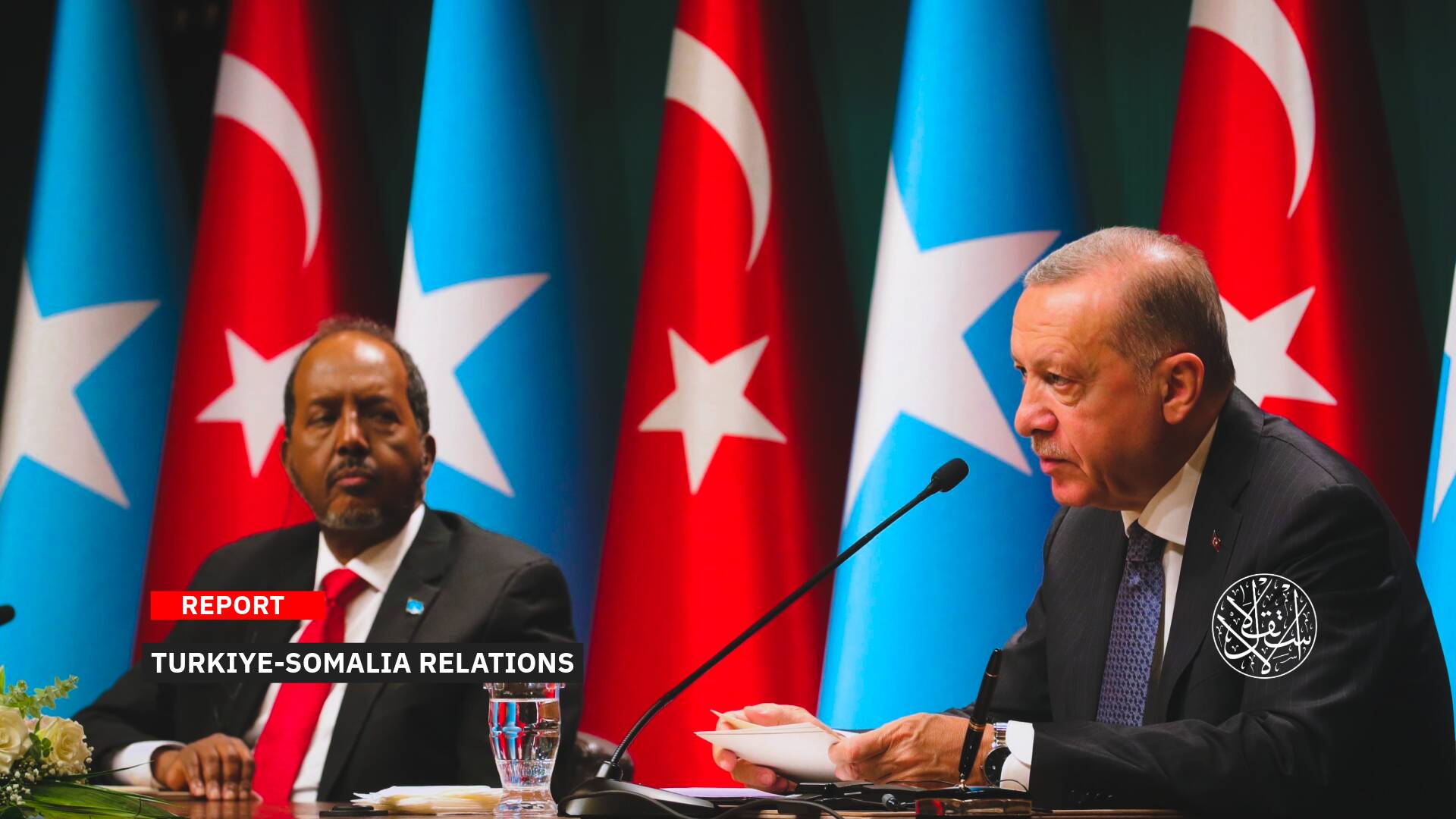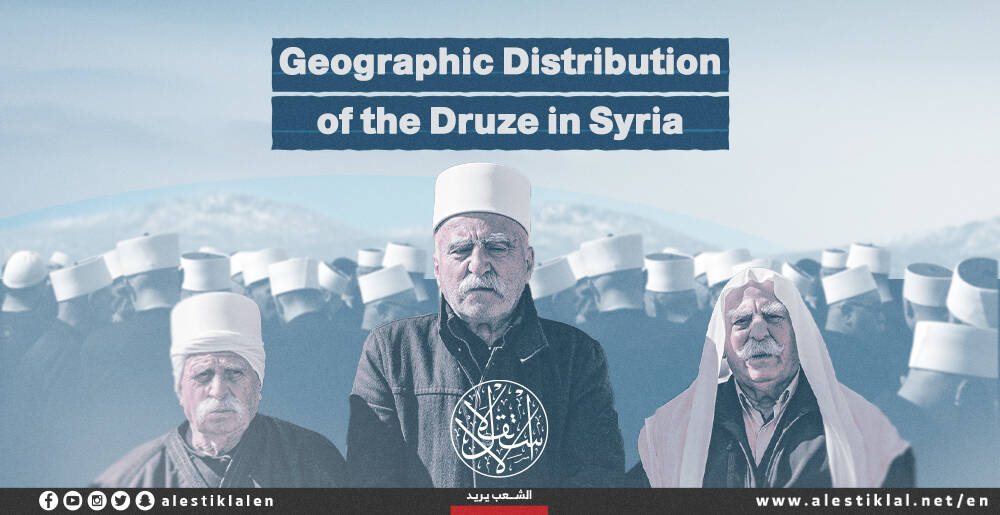What Are the Conditions of These Countries to Open Their Doors to the Earthquake Victims?

In a move to provide relief to the homeless and those in need of medical care after the devastating earthquake that struck southern Turkiye and northern Syria, a number of European countries provided facilities for the afflicted to obtain urgent visas to join their relatives there temporarily.
Switzerland, Belgium, the Netherlands, and Germany allowed the families of those affected by the earthquake, Syrians and Turks, to temporarily host their relatives in order to obtain shelter and treatment, but with specific conditions.
On February 6, 2022, a 7.7M earthquake hit the two countries, killing tens of thousands of people and leaving huge material damage.
Germany Facilities
On February 13, 2023, a spokesman for the German Foreign Ministry revealed new conditions for obtaining a visa to enter his country in order to make the arrival of those affected by the earthquake to Germany faster and easier.
According to the conditions, whoever applies to bring his first- and second-degree relatives must sign a declaration to support their living and expenses in Germany, and the arrivals must sign a pledge to return to their homes.
German Interior Minister Nancy Faeser said in a government statement on February 15 that facilitating visas is part of the first aid for the earthquake victims.
“It’s about helping in times of need. We want to allow Turkish or Syrian families in Germany to bring close relatives from the disaster region to their homes,” she added.
In turn, German Foreign Minister Annalena Baerbock said that they formed a “task force” that began its work immediately with the Ministry of the Interior for “the aim is to make visa procedures as unbureaucratic as possible for those affected.”
About 2.9 million people of Turkish origin live in Germany, more than half hold Turkish citizenship, and they represent the largest Turkish community in the world in this European country.
About 924,000 Syrians have lived in Germany since former Chancellor Angela Merkel welcomed them during the refugee crisis in 2015 after fleeing the oppression of the Assad regime.
In the Netherlands, where nearly 51,000 Syrians have sought refuge since 2013, the Dutch Ministry of Justice and Security confirmed that 22,820 Syrians who hold residency and work permits obtained Dutch citizenship until April 2021.
Turks rank first in the list of the largest communities present in the European continent, as their number exceeds more than 6 million citizens out of a total of 15 million Turkish immigrants.
There are more than a million Turks in France, more than 500,000 in the Netherlands, 280,000 in Belgium, and 250,000 in Austria.

Berlin Terms
Berlin specified that for people wishing to apply for visas, applications should be submitted through the accredited service company iDATA.
It is the only official institution approved by the German Foreign Ministry to provide visa services in Ankara, Istanbul, Izmir, and other cities, with the aim of reducing the period to get a response.
As of February 13, appointments for visa applications have started to be taken from branches of the Visa Acceptance Centers all over Turkiye.
Berlin did not relinquish all normal visa requirements, including presenting a valid passport, which represents an obstacle for people who lost all their property and documents after the collapse of their buildings.
In order to help these people join their relatives, the German Foreign Ministry is coordinating with the Turkish authorities to obtain new documents, and this is for Turkish citizens.
However, visa applicants must prove that their place of residence is located in the earthquake zone and that they were affected by the earthquake in order to get an urgent visa.
Therefore, there will be a personal interview with the applicants for this purpose at the German Consulate.
Relatives in Germany must also prove that they hold German citizenship or permanent residence in order to be able to bring their first- or second-degree relatives.
First-degree relatives are parents or children; second-degree relatives are siblings, grandparents, and grandchildren.
Those who bring their relatives to Germany must also provide an undertaking to pay all costs arising in connection with the guest’s stay, including the costs of any medical treatment. The pledge must be sent to the local immigration authority.
The German facilitation targeted applications for family reunification that were submitted by holders of subsidiary protection, which are applications for the reunification of a husband/wife, minor children, or minors who want to reunite their families.
German facilities for the Syrians after the earthquake included increasing appointments, giving priority to people affected by the earthquake, and dropping the language requirement for the husband/wife in case the situation is difficult to achieve.
Berlin also adopted an additional procedure which is not reviewing applications by foreign affairs after processing them from embassies in order to shorten the time.

There are 5 German states in which first- and second-degree Syrian recruitment programs through sponsorship are still valid, but the conditions differ according to the state.
Neither the German Ministry of Interior nor the Foreign Ministry specified the number of Turks and Syrians affected by the earthquake who wish to come to Germany.
In 2022, Germany accepted 244,000 asylum seekers from other countries, most of whom came from Syria, Afghanistan, Turkiye, and Iraq.
For people coming from Syria, the situation is more complicated, as applicants from Syria have to go to the surrounding foreign missions due to the closure of the German embassy in Damascus, and this means that they must travel to the embassy in Beirut, Amman, or Istanbul.
However, given the disastrous situation of the infrastructure in Syria, this is not an easy task, especially since the greatest damage was concentrated in the opposition areas in northwestern Syria, where about a million people were displaced, and 1,123 houses were completely destroyed, with another 3,484 houses about to fall.
These people cannot easily move internally to reach Beirut or Jordan due to the Syrian regime’s widespread checkpoints, and most of these are young men and men who are wanted by the security services.
There is also no mechanism that allows these people to enter Turkiye through the approved land border crossings run by the Syrian opposition to go to the European consulates.
Switzerland, Belgium and the Netherlands
The Swiss Secretariat for Swiss Immigration announced that visa applications submitted by earthquake victims will be given priority.
It said in a statement that all victims with close family ties in Switzerland would be able to obtain a visa through less stringent procedures and join their relatives temporarily.
It explained that those whose homes were destroyed and who want to join their family members in Switzerland will need to hold a passport, indicating that the procedures for granting visas to earthquake victims will remain compatible with the Schengen visa law.
This visa allows the holder to move freely between 26 countries, which are the countries of the European Union and four non-member countries: Iceland, Norway, Switzerland, and Liechtenstein, for a period of 90 days.
Apart from easing visa rules, Switzerland has also decided to deploy additional staff to Turkiye so that its consulate can process visa applications as quickly as possible.
More than 600 applications were submitted by the Swiss Consulate General in Istanbul. Belgium also took the same decision, as the Belgian Ministry of Asylum and Immigration announced that it had already instructed the Immigration Office to expedite visa application procedures for Turkish and Syrian citizens affected by the earthquake.
The Dutch government has also announced that it has decided to ease visa rules for Turkish and Syrian nationals affected by the earthquake.
The government said in a statement that it will prioritize visa appointments, which will allow the afflicted to stay with their relatives in the country.
The Dutch Foreign Ministry confirmed that hundreds of visa applications were received in the first nine days after the disaster, which usually take weeks or months to process.
However, the ministry has not decided whether it will ease conditions for short-stay visas, such as requiring a family member to act as a guarantor for any costs incurred, including medical expenses.
It is noteworthy that the European Commission and the Swedish Presidency of the Council of the European Union will host the donors’ conference in March 2023 to help the Turkish and Syrian people.
A similar conference was previously held in 2020 after the earthquake that struck central Albania in November 2019, killing 51 people and displacing thousands.

Experimental Stay
Many jurists believe that the conditions offered to the Syrians affected by the earthquake, and whose relatives wish to bring them to the countries of asylum, are “almost impossible.”
In this context, Nahla Othman, a lawyer specializing in immigration and asylum, told Deutsche Welle that the German government must create new reception programs to overcome problems with the large number that will arrive via express visas.
Unfortunately, visas are only for Turks, while Syrians are only for applicants for family reunification and have first- and second-degree relatives. There is a need for the German authorities to allow temporary visit facilities for Syrians, she added.
The German authorities should reconsider providing new facilities for Syrians in northwestern Syria who are unable to reach German embassies in neighboring countries.
Syrians affected by the earthquake can be given a trial residency in Germany for a year, where they live and discover the new life there, and those who want to work can work in certain fields, as they can learn the German language and integrate into society, according to her.
Manfred Nowak, an expert on refugee affairs, said that fears about bringing more refugees to Germany are unjustified, and people should be convinced that providing assistance benefits refugees and the German state.
Sources
- Germany offers temporary visas to Syrians, Turks affected by earthquake
- These EU Countries Have Eased Visa Rules for Türkiye & Syria Earthquake Victims
- Turkish & Syrian Earthquake Victims Face Obstacles Despite Germany Easing Visa Rules, BKMO Says
- How will Turkish and Syrian earthquake survivors come to Germany with an urgent visa? [Turkish]











